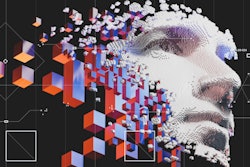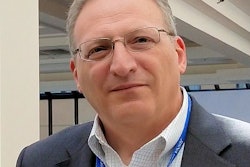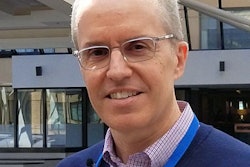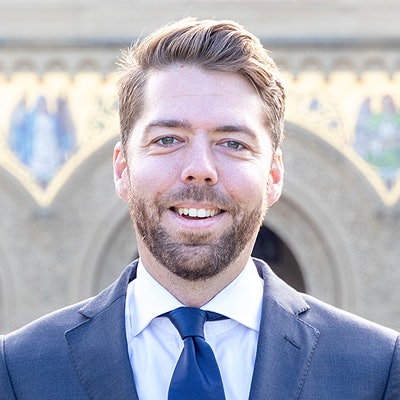
Radiologists and radiology residents from the U.S., the Netherlands, Germany, and the Czech Republic have teamed up to launch an online survey designed to gauge how members of the global radiology community view the use of artificial intelligence (AI) in their specialty.
AI is a frequent topic of discussion in radiology, but it's unclear how radiologists from other countries and at different stages of their careers feel about the technology, according to Dr. Martin Willemink, PhD, of Stanford University in Palo Alto, CA.
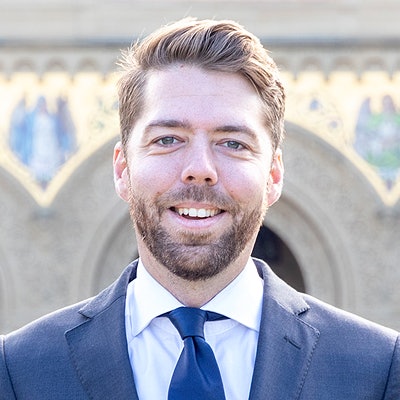 Dr. Martin Willemink, PhD, of Stanford University.
Dr. Martin Willemink, PhD, of Stanford University."Usually, we hear the opinions of key opinion leaders regarding this topic," Willemink told AuntMinnie.com. "But I think it would also be interesting to hear what other radiologists and residents think about AI, whether they are afraid if they will be replaced, and if they are willing to be involved or maybe even lead the development of AI algorithms in the medical imaging field."
Willemink and Dr. Merel Huisman, PhD, a radiology resident at the University Medical Center Utrecht in the Netherlands, decided to launch the AI survey after a discussion last year on the topic. They also enlisted the help of experienced radiologists actively engaged in the field of AI, such as Dr. Curtis Langlotz, PhD, of Stanford University; Dr. Erik Ranschaert, PhD, of the Netherlands Cancer Institute in Amsterdam, and president of the European Society of Medical Imaging Informatics (EuSoMII); and Dr. Tim Leiner, PhD, of the University Medical Center Utrecht, Willemink said.
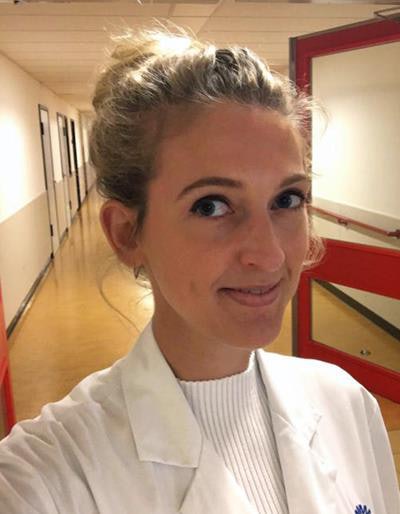 Dr. Merel Huisman, PhD, of the University Medical Center Utrecht in the Netherlands.
Dr. Merel Huisman, PhD, of the University Medical Center Utrecht in the Netherlands.Other key members of the group include Dr. Martin Koci of Motol University Prague; Dr. Domenico Mastrodicasa of Stanford University; Dr. Daniel Pinto de Santos of the University of Cologne in Germany; Jianmin Yuan, PhD, of Stanford University; and Dr. Satyam Veean of UT Southwestern in Dallas.
Willemink said that the survey explores five main questions:
- What is the current opinion and level of knowledge of radiologists and residents about AI?
- How and when will AI change our careers?
- How willing is the radiology community to learn, anticipate, and collaborate in the development of AI algorithms?
- What are the most important hurdles to implementation?
- How do age, gender, level of experience, subspecialty, country, and use of social media affect all questions above?
Radiology residents, fellows, and radiologists can access the survey on the group's website. It's currently available in seven languages: English, Dutch, German, Spanish, Italian, Czech, and Chinese; a French version is also in the works. So far, approximately 450 participants have completed the questionnaire, and the survey will continue until the group has gathered a good distribution of countries and expertise levels among the responses, Willemink said.
"We are planning to present the anonymized results through an abstract, a manuscript, and through collaborating associations such as EuSoMII," he added.






